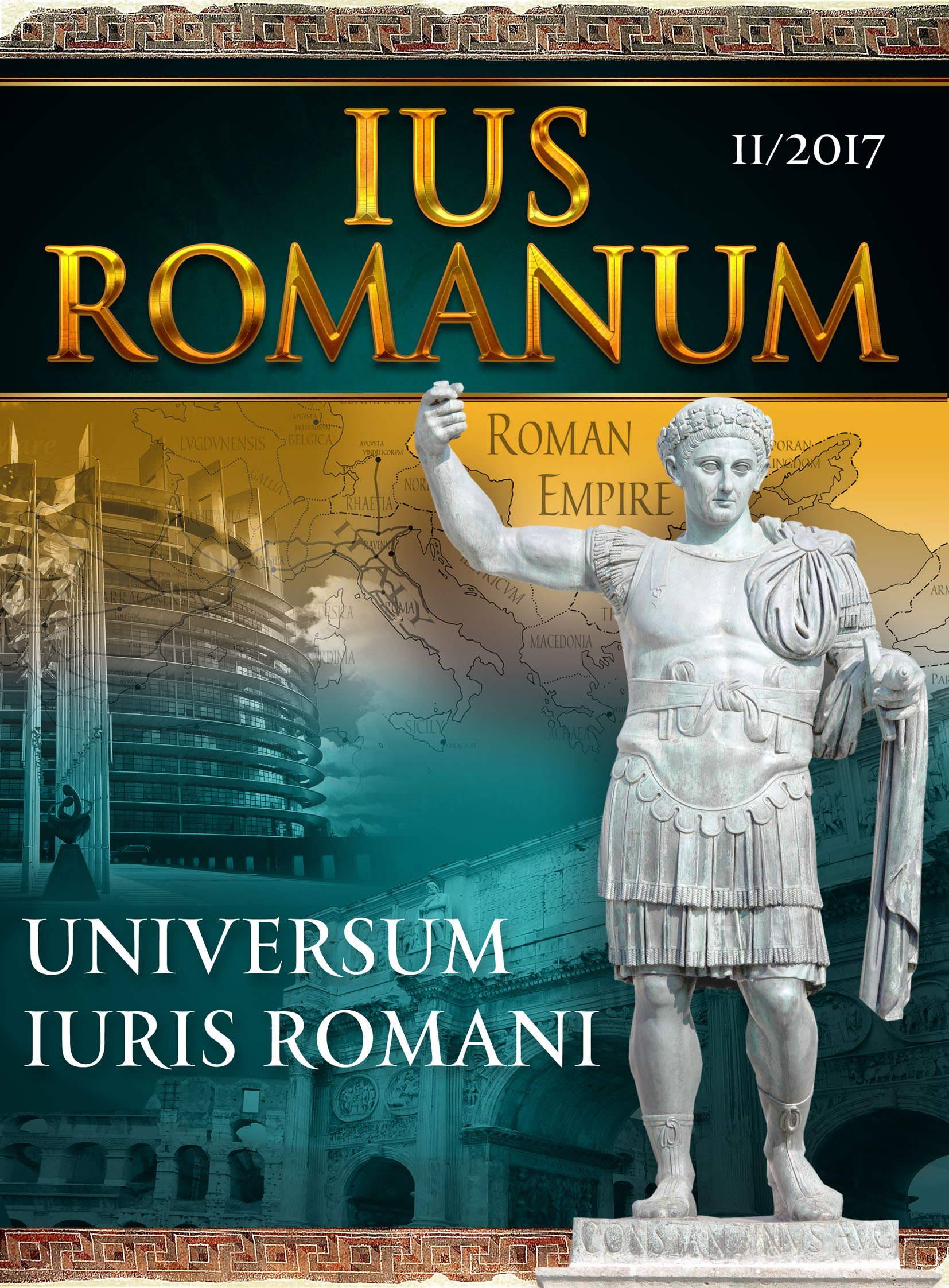ULTRO TRIBUTА LOCARE - CENSORS`CONTRACTS WITH SOCIETATES PUBLICANORUM DURING ROMAN REPUBLIC
ULTRO TRIBUTА LOCARE - CENSORS`CONTRACTS WITH SOCIETATES PUBLICANORUM DURING ROMAN REPUBLIC
Author(s): Stoyan P. IvanovSubject(s): Economy, Law, Constitution, Jurisprudence, Business Economy / Management, History of Law, Constitutional Law, Law on Economics, Financial Markets, Public Finances, EU-Legislation
Published by: Софийски университет »Св. Климент Охридски«
Keywords: Roman Republic; societates publicanorum; public-private partnership; public contracts; ultro-tributa; censors; public building;
Summary/Abstract: During the Roman Republic, Roman magistrates acted as censors, who entered into contractual activity with private entities of the societates publicanorum, which ultimately produced credits for the civitas Romana. The consequence was that the payments which supplied the cash flows of the government were determined through the activity of the censors as Roman magistrates. The strategy of the Roman fiscal policy may be synthesized by the fragment of Liv.39.44.7: "… et vectigaliasummispretiis, ultrotributainfimislocaverunt". Based on this fact, we may conclude that these ultro tributa were the subject matter of a contract, where the locator was the Roman State through its censors and the conductor were the societates publicanorum, which exercised their duties towards the SPQR. The aim of this article is to outline the significance of the societates publicanorum in the period of the Roman Republic as a remedy for the decentralization of public finances. Also, the Roman Republic practices of public building and services accomplished on contractual basis by private subjects with the money of the State are widely accepted nowadays within the modern institute of public-private partnership.
Journal: IUS ROMANUM
- Issue Year: 2017
- Issue No: 2
- Page Range: 366-376
- Page Count: 11
- Language: English

